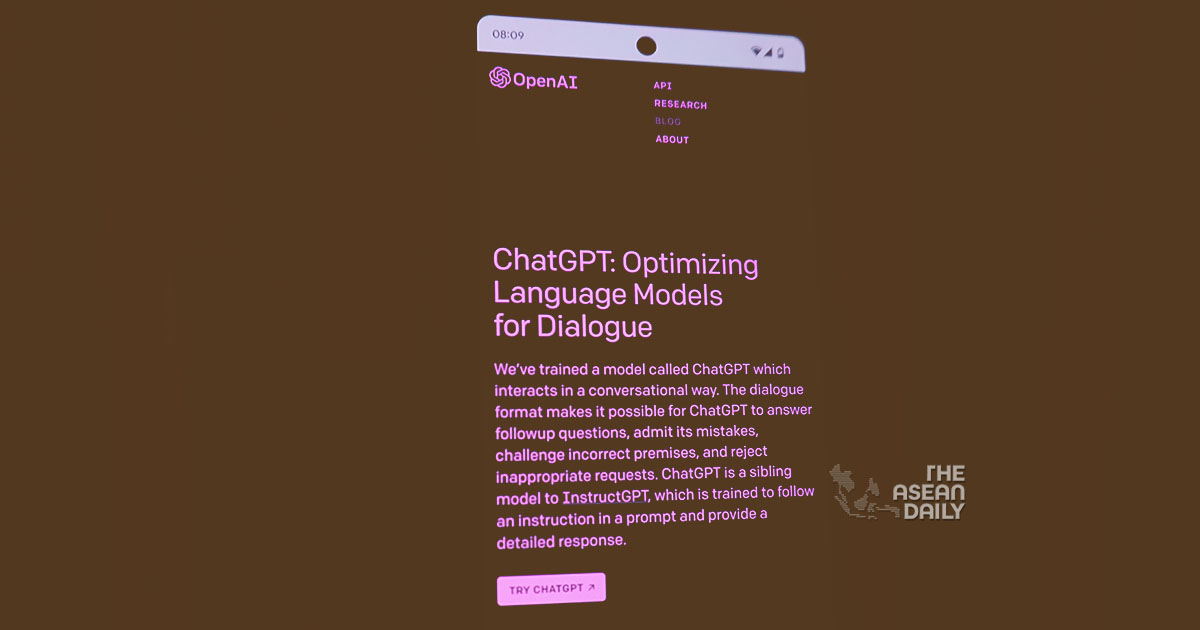15-10-2024 (SINGAPORE) Southeast Asia is rapidly becoming a magnet for the world’s largest tech firms seeking to establish data centres. This surge in investment comes at a time when the demand for infrastructure and computing power to support artificial intelligence (AI) is skyrocketing.
Industry analysts at Maybank project that data centre demand will grow by approximately 20% annually over the next five to seven years. This growth is primarily driven by AI-supported innovations, such as ChatGPT searches, which require four to five times more processing capacity compared to traditional internet searches.

The influx of investments is expected to have a profound impact on the region’s economies. It promises to create a wealth of skilled jobs in data centre construction, engineering, and maintenance, while also fostering the development of specialised talent in AI, cyber security, and data science management.
Moreover, these investments are set to bolster the region’s digital infrastructure, allowing businesses of all sizes to store data locally. This localisation is anticipated to significantly reduce downtime and enhance data sovereignty.
Southeast Asia’s appeal as a data centre hub stems from its lower operational costs, power availability, and geopolitical neutrality. The top five countries attracting these investments are Singapore, Malaysia, Thailand, Indonesia, and Vietnam.
Singapore, long considered the preferred destination for data centres due to its superior infrastructure and stable regulatory environment, imposed a three-year moratorium on data centre construction between 2019 and 2022 to assess environmental impacts. This pause allowed neighbouring countries, particularly Malaysia, to capitalise on new investment opportunities.
Malaysia is now poised to see facilities with around one gigawatt (GW) of power capacity come online over the next two years, effectively doubling its current capacity. An additional 3GW has been announced and, if approved, will be rolled out gradually over the next three to five years.

Tech giants are making substantial commitments to the region. Microsoft announced a US$2.2 billion investment over four years to build cloud and AI infrastructure in Malaysia. Amazon Web Services (AWS) plans to invest an estimated US$6.2 billion in Malaysia and is developing a similar region in Thailand with a US$5 billion investment. Google has pledged US$1 billion to build a data centre and cloud region in Thailand.
By 2028, analysts at RHB expect Malaysia to account for over half the data centre processing power across the top five Southeast Asian markets, with Johor potentially emerging as a strong competitor to Singapore as a regional data centre hub.
Singapore, having partially lifted its moratorium in 2022, awarded around 80MW of new capacity to several companies in July 2023. The government has indicated it may provide at least 300MW of additional data centre capacity soon, but with a more selective approach focusing on environmentally sustainable operations.




